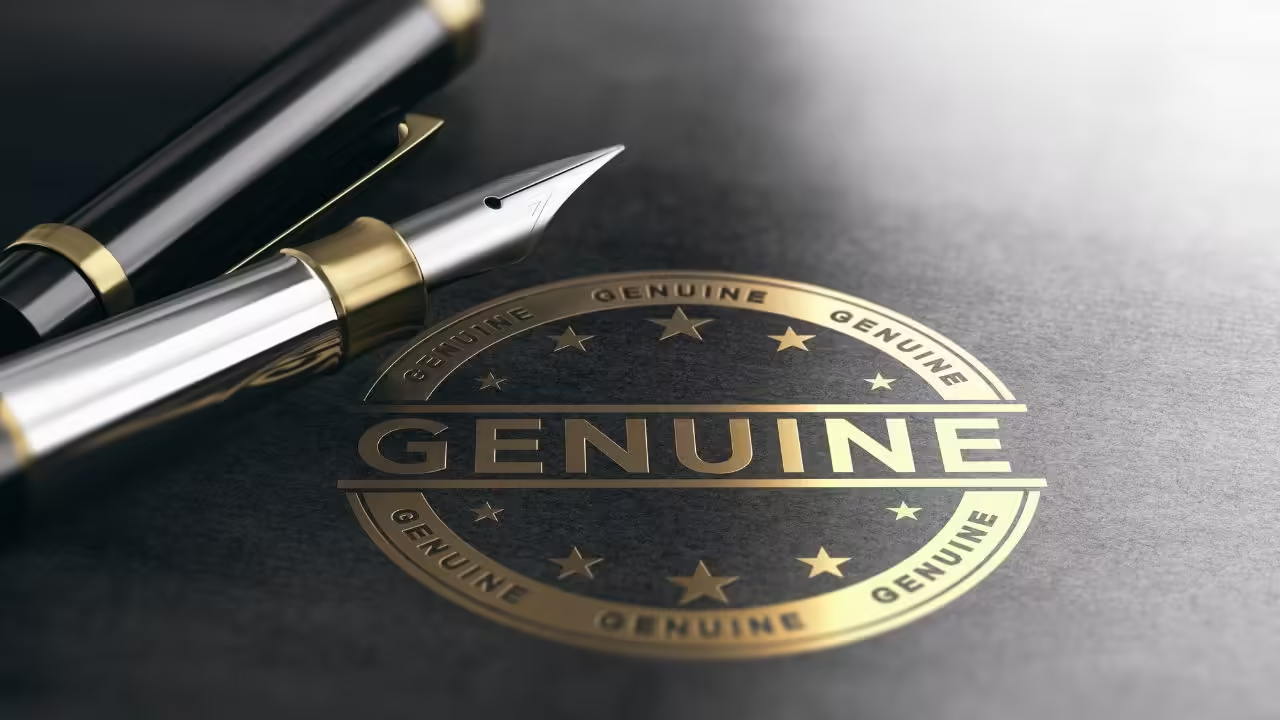Introduction
In any application for family sponsorship, it is imperative to provide proof of the genuineness of the relationship. To verify that a connection is real, immigration agents need specific proof, particularly in cases of marriage and common law partnerships. It is essential to provide thorough supporting material, such as images, bank statements, and correspondence history, in order to prevent rejection. Effective preparation and comprehension of the significance of evidence are crucial for guaranteeing a good sponsorship outcome.
Documentation to Support Spousal Sponsorship
Proving the authenticity of a relationship is essential in any family sponsorship application. The following documents will aid in proving spousal relationship:
- Marriage certificates, joint accounts, and shared assets
- Photos from significant events: weddings, family gatherings
- Travel records, communication evidence: chats, emails, and call logs
Common Law and Conjugal Partner Evidence
Demonstrating cohabitation is crucial for both common-law and married partnerships. Utility bills, cooperative rental agreements, and other related financial records are required. Important documents include trip records, communication histories, and proof of shared financial obligations, such as insurance policies. Immigration officers are looking for documentation demonstrating both couples’ engagement in each other’s life as well as a long-term, committed partnership.
Proving Parental and Dependent Children Relationships
It is necessary to provide birth certificates and adoption records when sponsoring parents or dependent children. Documents pertaining to education, health, and financial assistance are other means of verifying the link. Regular correspondence through letters, images, or video chats, adds credence to the idea that family ties are strong. By confirming the sponsored family member’s eligibility under Canada’s family sponsorship guidelines, these documents fortify the application.
Third-Party Affidavits and Supporting Statements
A sponsorship application can be greatly strengthened by the inclusion of third-party affidavits. These are letters attesting to the sincerity of your relationship from friends, relatives, or coworkers. Affidavits ought to include personal information about the connection as well as illustrative examples. Legal support can guarantee that these documents are correctly drafted, increasing the legitimacy and context of your application and raising the likelihood that it will be accepted.
Avoiding Rejection and Addressing Red Flags
Immigration inspectors may get concerned about red flags such as large age discrepancies, brief relationships, or cultural differences. Provide additional supporting material to resolve these concerns, such as a thorough communication history and proof of shared commitment, to prevent rejection. It’s critical to show how deep your friendship is. Getting expert counsel can help you resolve these issues and strengthen your application.
Conclusion
A successful sponsorship application must demonstrate the sincerity of the relationship. In order to prevent rejection, you must present thorough, understandable, and persuasive proof. Applicants can increase their chances by resolving any potential red flags and making sure all required documentation is submitted. For complex cases, seeking professional immigration help is recommended to manage the legal procedure effectively and achieve a favorable outcome.

